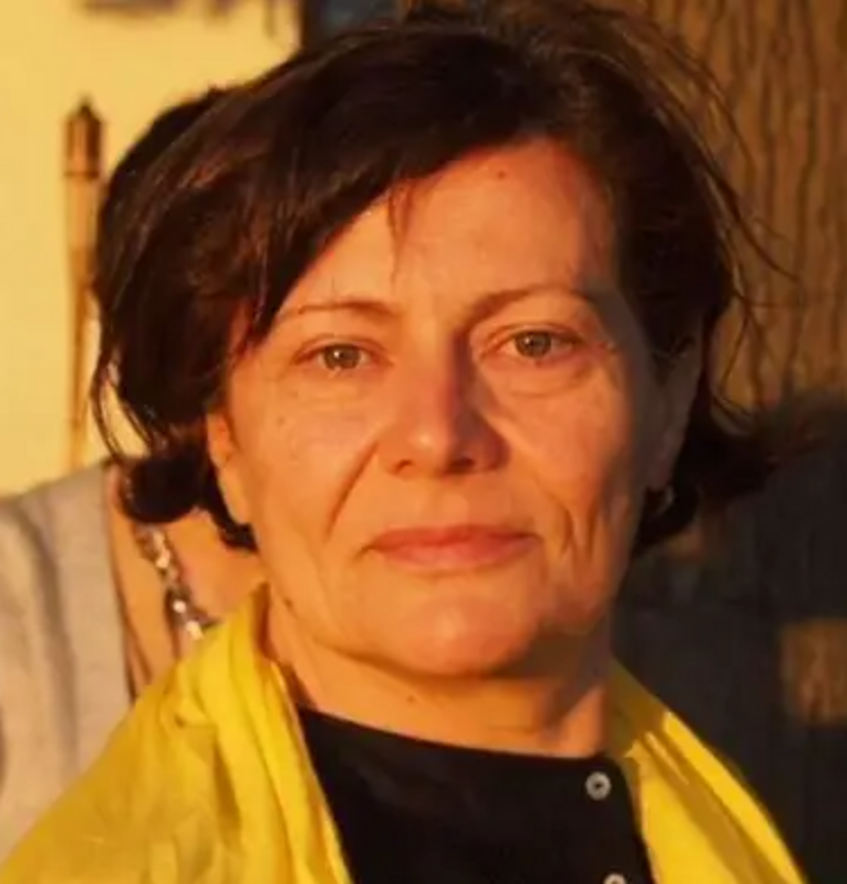We are very excited to announce our Keynote Speakers for the SRN 2022 Conference:
Professor Dina Iordanova, from St. Andrews University and
Professor Eleftheria Thanouli from Aristotle University of Thessaloniki
will join us in Vienna!

Eleftheria Thanouli is Professor in Film Theory at the School of Film at Aristotle University of Thessaloniki.
Her research interests include the representation of history on film, film narratology, digital cinema, film and politics and world cinema.
She has contributed chapters in key publications, such as
The Routledge Encyclopedia of Film Theory (London: Routledge, 2013),
The Oxford Handbook of Sound and Image in Digital Media (Oxford: Oxford UP, 2013) and
The Routledge Companion to Cinema and Politics (New York: Routledge, 2016).
She is the author of three monographs: Post-classical Cinema: An International Poetics of Film Narration (London: Wallflower Press, 2009),
Wag the Dog: A Study on Film and Reality in the Digital Age (New York: Bloomsbury, 2013) and
History and Film: A Tale of Two Disciplines (New York: Bloomsbury, 2018).
Her forthcoming book is entitled A Guide to Post-classical Narration: The future of Film Storytelling (Bloomsbury, New York).
KEYNOTE
22nd September, 10:00 HS 3
complexity and/or accessibility? character, agency and plot structures in post-classical narration
The mode of postclassical narration that I identified infilmmaking practices
across the world from the 1990s onwards wasdesigned as part of the larger research project called “historicalpoetics”
envisioned by David Bordwell.
In my current research Icontinue to support my argument regarding the
necessity of the distinction between the classical and the postclassical mode,
as I identify more examples of post-classical storytelling and I elaboratefurther on their narrational principles.
In this keynote, I will discuss the postclassical narrative logicand, particularly,
the key components of its compositional motivationthat form the backbone of every
post-classical film.
Drawing on cases from the period 200-22 I will focus on the norms that govern the character exposition, the character agency and the plot constructionin order to
illuminate how an increasing trend in contemporary filmmaking combines an impressive level ofcomplexity with accessibility and pleasure for the audience.

Dina Iordanova is based in Scotland, but she also worked in various other parts of the world.
She is Professor Emerita in Global Cinema at the University of St Andrews and Honorary Professor in CompLit at the University of Hong Kong. Her work over the years has been on the cinema of Eastern Europe and Asia. She also led extensive work into the study of international film festivals and other aspects of cinema's transnational circulation -- which also led to her direct involvement with film festivals in various capacities, from board service to jury member.
Earlier this summer, she gave a keynote at the Visible Evidence conference on documentary cinema in Gdansk, masterclasses at the Sarajevo Film Festival, and talks on Ukrainian cinema in Prague and on trauma representations in recent Yugoslav film in Berlin.
KEYNOTE:
24th September, 13:30, HS 3
bridging platforms and continents: the normative narrator
In this talk I plan to interrogate a widely-used narrative device which I call 'the normative narrator': usually white male, or a sufficiently Westernised agent who travels/arrives/engages with a trajectory that moves downwards from North-West to South East. It is a move that enables him to tell a story -- and thus enables a story to take place. I will tackle multifarious manifestations of this narrative trope across various platforms that use scripting, from cinema through to gaming. I will seek to reveal how its configurations pop up in all forms of narrative cinema, from East German documentaries about Africa through to recent HBO productions set in Japan. My query is informed from my interest in the question if it is at all possible to tell stories without structuring them around axes of imperial power, culture and geography.